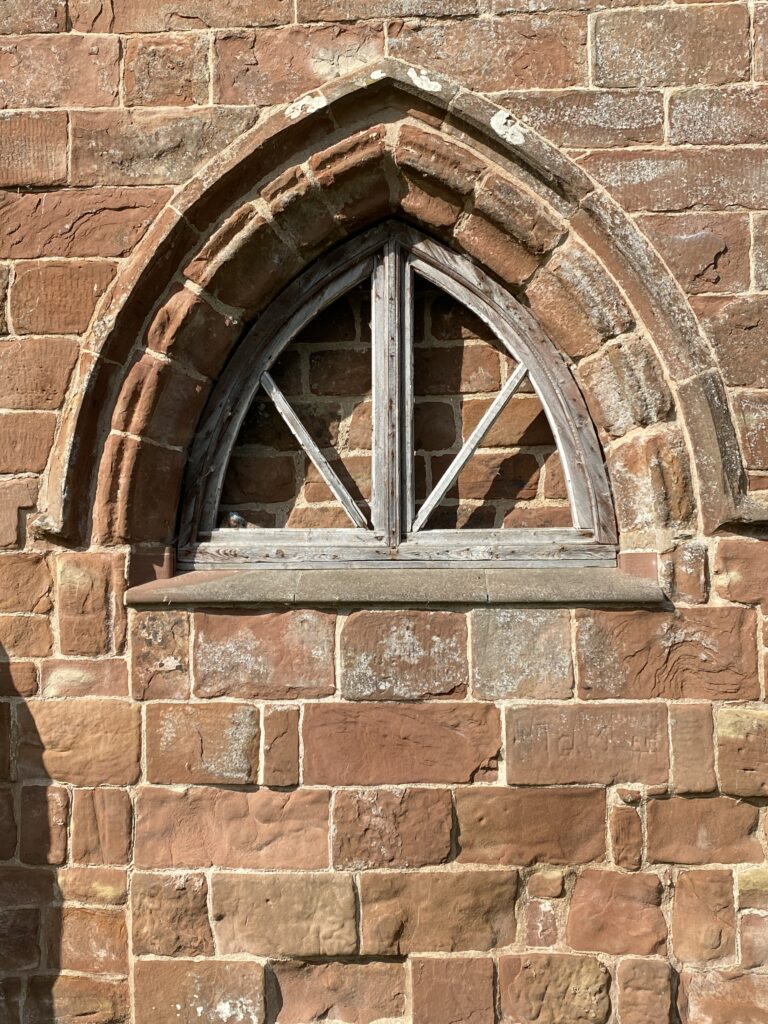In the same way that a lot of Christians would say they don’t ‘do religion’, they ‘have a relationship’, most would also say they don’t do theology. Theology tends to be seen as academic, arguing about things instead of believing the Bible, dusty, boring, unimportant, head knowledge with no practical import.
I obviously disagree with all that, but I have heard all those things said..

Theology, from my perspective, is something that everyone engages in, even an atheist. Theology, at root, is our words about God, our theo logos, God Words. When we think about God, when we formulate our beliefs or our rejection of beliefs, when we discuss ideas about God, or about his existence, that is theology. It is what we think and say about God. When we decide what translation of the Bible to read, or if it is something we think worth bothering about; when we decide what church to go to, if at all; when we decide whether to have our children baptised; then we are practicing theology. For those who reject any form of belief, then, unless it is of interest, maybe theology will impinge less on their lives, but even that decision to ignore it is practical theology.
Is theology important?
That is a different question. I think from a very basic standpoint, we can say that it is important in that thinking about our own theology, and about other beliefs helps to understand both ourselves and other people. Understanding can then help us to show love better, can lead to better tolerance and peace.
As a believer, I think theology is more important than that though. I think we need to actively engage with theology. From a biblical perspective, we should be prepared to gently and respectfully give an answer for what we believe (1Pet3:15), but as believers, our need to be theological people is deeper than that. I don’t think we can give an answer to others about our faith unless we can first give an answer to ourselves.
- Can we say why we are a Christian, not just became one x years ago, but why we remain a Christian?
- Are the beliefs we have ones we have thought about and accepted for ourselves?
- Do we know why we do certain things, break bread, baptise in a specific way, say certain prayers?
- Do we know which things we do because we were brought up to do and which we are convinced of?
- Do we know why we belong to a certain church, or why we don’t belong to any?
- Can we say how our beliefs impact our life and our community?
All these are theological questions, but they are all also at the heart of being a Christian. They are not arcane points of ecclesiology or eschatology. These questions are about making our faith our own, one we have actively chosen to follow. They are about how we relate to other Christians if we do. They are about how we pursue a relationship with God. They are about the practical ways we follow Jesus. They are theology.
Theology can be a dry, systematic, academic subject. It can be far removed from a practical living Christianity. It can be. That doesn’t mean it has to be. Most of the time we engage in theology without realising it. If we don’t, if we accept a general Christian belief system that we were brought up with as children 20, 40, 60 years ago and have never questioned; if we recite the prayers and sing the hymns without asking what they actually mean and if we really believe that; if what we think is faith influenced behaviour is just the same as that of our peers and could easily just be social influence; then are we may be missing the best bits?
Could theology be what engages us with, makes us wrestle with, God?

